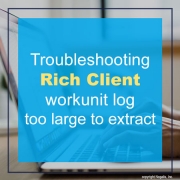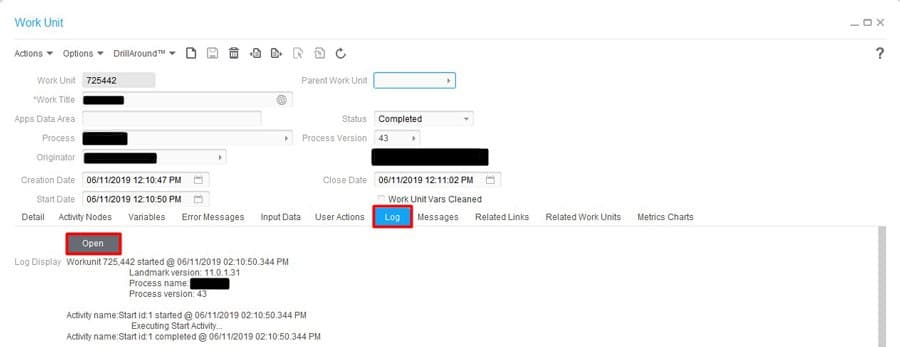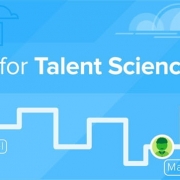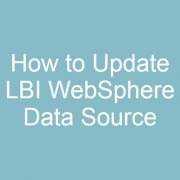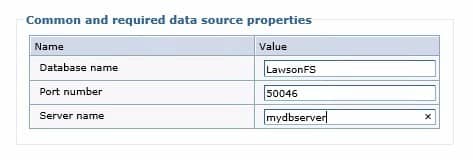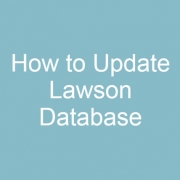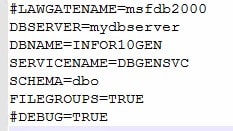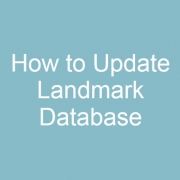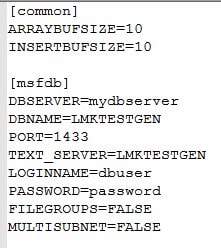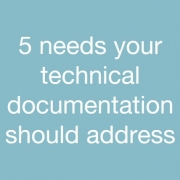Here at Nogalis we perform managed service for several dozen enterprise customers. Most of our customers are either using Lawson V10 on premise or Infor CloudSuite products in the cloud. Our customers vary in their level of complexity but they almost all have several custom interfaces that support the operation of their businesses. Most of these interfaces are built with IPA (Infor Process Automation) or with ION which are both Infor supported products. Here are some examples just to name a few:
- Positive pay interfaces to banks
- Invoice import interface
- Vendor creation interface
- Automated user provisioning
- Employee benefits exports and imports
- COBRA interface
- Batch job automation
- Invoice or Purchase Order Approval interfaces
- Journal entry imports
And many more
Many of these interfaces were designed and developed years ago and have been modified several times since. Unfortunately, the same cannot be said about the documentation that was once made for them if any. In an upcoming webinar and subsequent article, I plan to discuss how to develop accurate, useful, and easy to maintain documentation. But in this article, I want to focus on the reasons why we need these documents because without knowing why we do something, we’re not likely to do it right. The reasons below serve as guidelines for our documentation:
Reason 1 – Supporting the interfaces. This is the primary reason for creating good documentation. The goal of the any documentation should be that anyone can read it from start to finish and be able to support the existing process when it breaks. Therefore, one of the first things we do for our new managed service customers is to create detailed documentation of all their interfaces on our DOCR documentation portal and give them access to it. You can see some examples here. What’s nice about storing these documents on a web portal is that there is a central place for keeping them updated that everyone can contribute to. For support reasons, we make sure that we have a troubleshooting and a recovery section in each of our interface documents.
Reason 2 – Updates and enhancements. We’re routinely asked to update and enhance existing interfaces. While we can dig through the entire code of the interface to find out what every piece does, it is always helpful if some documentation exists that has an overview of the different components of the interface.
Reason 3 – Change Control. As we make changes to interfaces over the years, it is important to document these changes for change control purposes. Having a web-based documentation portal makes it easy to do this as it is the only version of the document that exists, and it is always updated with the latest changes.
Reason 4 – Application upgrades. As we upgrade our large enterprise applications, we always must study the impact of the upgrade on any custom interfaces that we have. The only way to do this quickly is to review the documents and specifically focus on any sections focusing on dependencies, and general data flow. Having proper documentation during an upgrade process can make the difference between a 1 month upgrade and a 6 month upgrade.
Reason 5 – Training and new hires. We pride ourselves in our one-to-one client to resource ratio in our managed service group. That means that for every new managed service customer, we add at least one new member to our team. This new team member goes through a rigorous training that includes reviewing all existing client documentation. This is an indispensable tool for our team as well as any client newhires.
If you need help creating your interface documentation, or to subscribe to our DOCR documentation portal, please contact us here.

